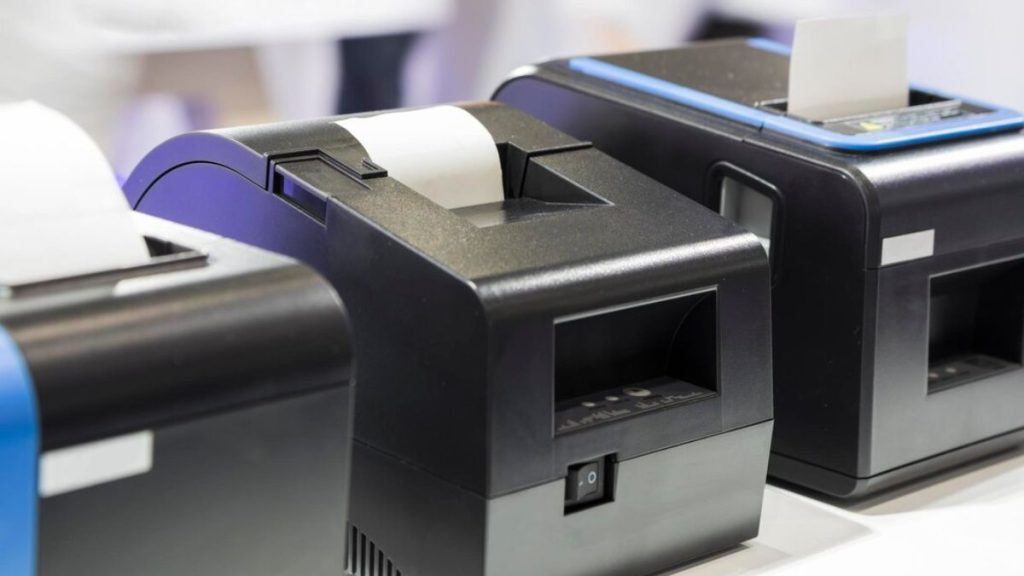The best major can significantly impact your income in the future. It is important to consider this when thinking about the cost of completing your college degree.
The highest-paying degrees are usually in STEM fields (science, technology, engineering and math) however, this doesn’t mean that you have to avoid other degrees.
Chemical Engineering
Chemical engineering integrates the sciences especially chemistry with math and engineering to produce material, transform it and move it. It is apparent the efforts of chemical engineers virtually every aspect of contemporary life.
Chemical engineering, with the median wage of just $68,000 in the first year of career and the highest earning major. This degree requires a great deal of problem-solving ability and an knowledge of how chemical reactions are translated into large-scale industrial processes.
Chemical engineers typically spend much of their time in factories or research laboratories which are working in huge production equipment. They are required to wear protective gear like goggles and hard hats.
Take a look at a biochemistry program for students who are fascinated by biology but would like to study the subject in a more practical manner. This degree is a combination of advanced biology and chemistry classes along with laboratory work to provide you a unique view of the world.
The metallurgical engineering field is all about the ways that metals are used for everything from microchips to automobiles. This is what makes a career in this field an ideal option for those who is interested in math, chemistry and sciences. A lot of metallurgical engineers get experiences through a co-op an internship while they are in their first year of study. They are typically available through the engineering department at the college.

Industrial Engineering
When you consider the top college degrees with high pay, it’s clear that STEM (science, technology, engineering and math) fields lead the pack. There’s no reason why STEM-only students can’t enjoy a stable career – it’s just that they may need to wait longer to reach their earning potential.
The majors of industrial engineering, petroleum engineering and miscellaneous technologies are among the highest-paying. The three disciplines are directly connected to the economic structures of our modern lives rely on. For instance petroleum engineers tap to the gas and oil deposits that fuel our automobiles as well as airplanes, trucks and cars. Industrial engineering is concerned with the search for ways to increase efficiency and quality through improving the efficiency of work processes.
Industrial engineers are in a position to maximize the integration of people, materials as well as natural resources and information. They also can use their expertise to boost the financial health of an organization. Indeed, businesses depend on industrial engineers to find ways to reduce costs, save money and improve productivity daily.
People who choose to work in this field tend to be meticulous, and they appreciate efficiency. They tend to be rational people who are able to see how systems connect and influence their surroundings, making them ideal for managerial positions within an organisation. Those with this degree could be successful in various industries, such as logistics, manufacturing, transportation health, energy, and finance.
Information Systems and Management
Information systems are vital to the smooth running of any business, regardless of whether they are tracking sales, employee performance or managing payroll and inventories. This major combines technical skills along with management skills and graduates find work in many industries.
All kinds of data are collected these days. But it only has worth if utilized to help make decisions. The MIS (management information systems) concentrates on gathering, processing and distributing this information to managers, employees and customers. It’s not all programming, but If you’re a fan of technology and people, this could be the right choice for you.
Computer engineers design, build and maintain computer hardware and software systems that range from microprocessors and supercomputers. and go to website https://baoxinviec.shop/ They are used extensively across many industries, like financial services and telecommuting. Computer engineering majors are highly sought-after and command the highest median salary for mid-career of all majors.
The most prestigious bachelor’s degrees are ones that will result in higher earnings. A bachelor’s degree in English or Shakespearean Studies can boost the potential of your earnings for a period of within four years following the completion of your degree. This is especially applicable to degrees in fields that require a mixture of math and science, such as chemical engineering or biology.
Economics
Economics is among the most profitable college major among non-engineering degrees. Students studying this subject learn about the economic system, including public policy, money management and the theory. Students also hone their skills in research, statistics and analytical thinking. They may work in the banking, investing and insurance industries as well as the government sector.
Business administration is the most lucrative of the degrees. Graduating students who make the equivalent of $123,968 per year can become financial managers. Supply chain managers earn $108,783 per year, while sales managers earn $107,319. The program also prepares graduates to lead teams with entrepreneurial potential.
Nursing is a different degree that pays well and offers career options that span every level of healthcare. Nurses have a wide range of career options, including Certified Registered Nurse Anesthetists, who make a median annual income of $203,090, or Nurses who specialize in caring for elderly people, like Neonatal Intensive Care Nurses who earn an average of $136592. The top list of schools for high pay also includes cybersecurity. These professionals are at the forefront of digital security, safeguarding information from cyber-attacks and attacks. They are in demand across all sectors and earn amazing starting pay. A Bachelor of Science degree in computer science can be an excellent way to get an impressive career due to the growing recognition of AI.


